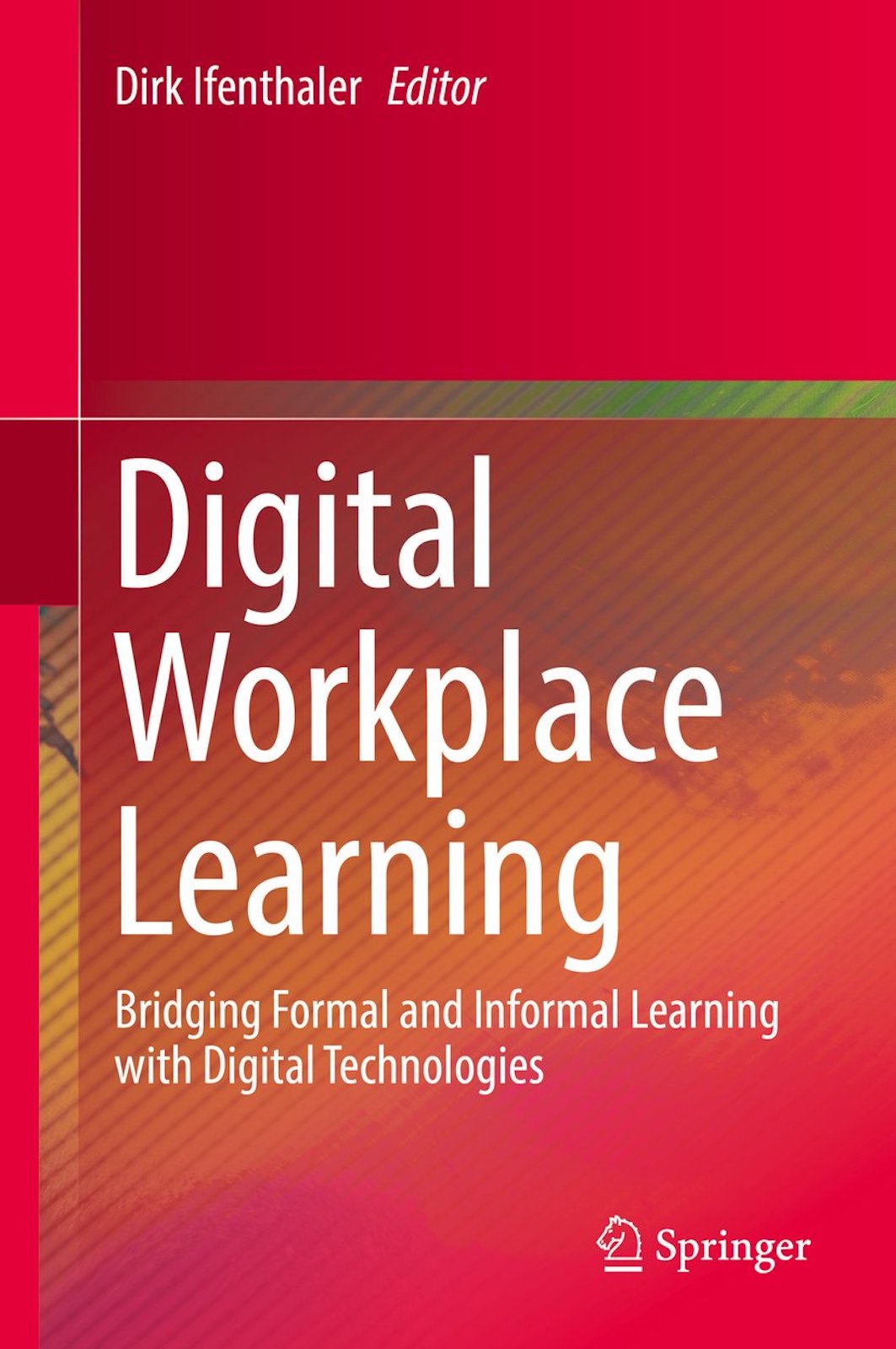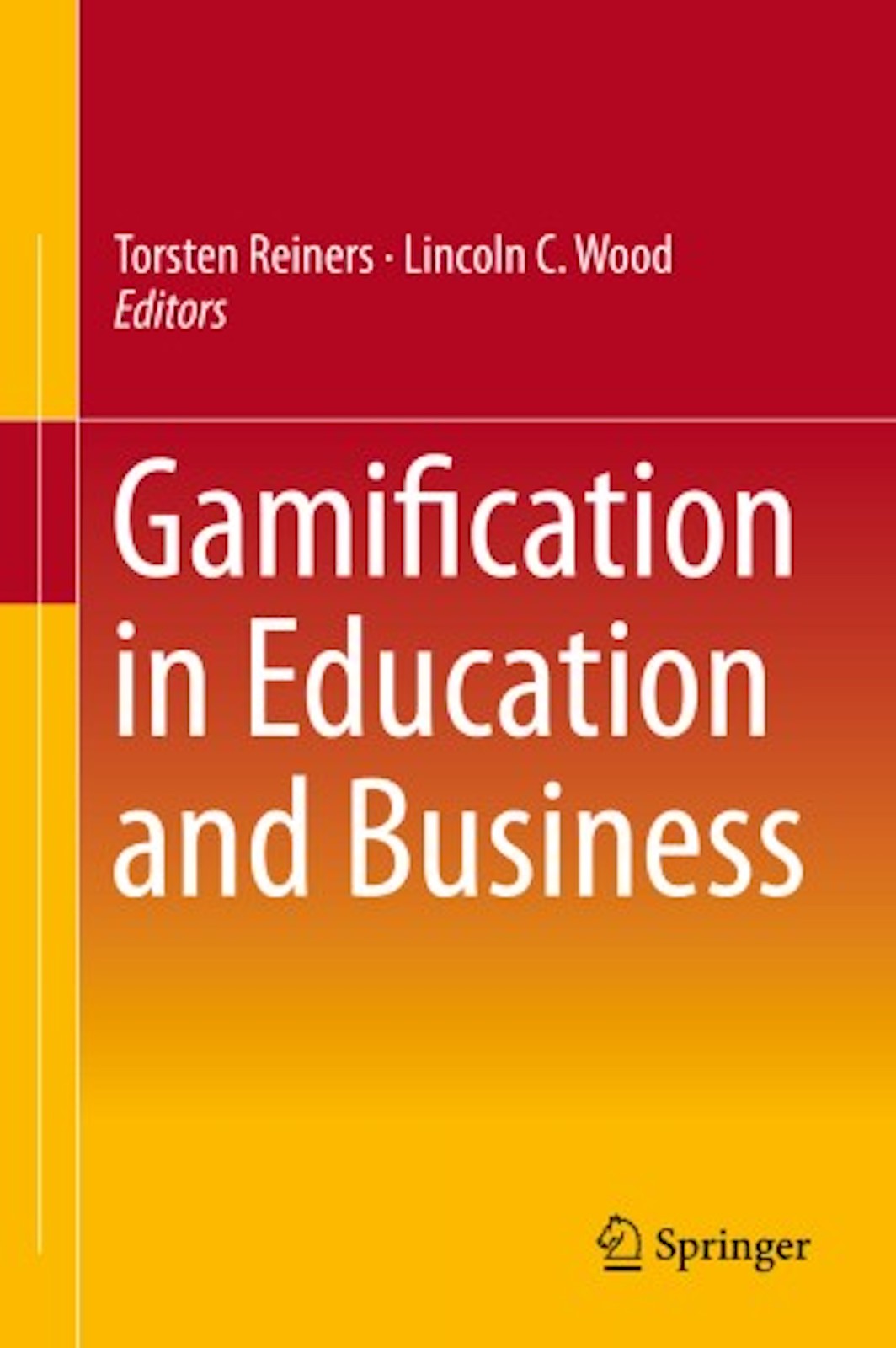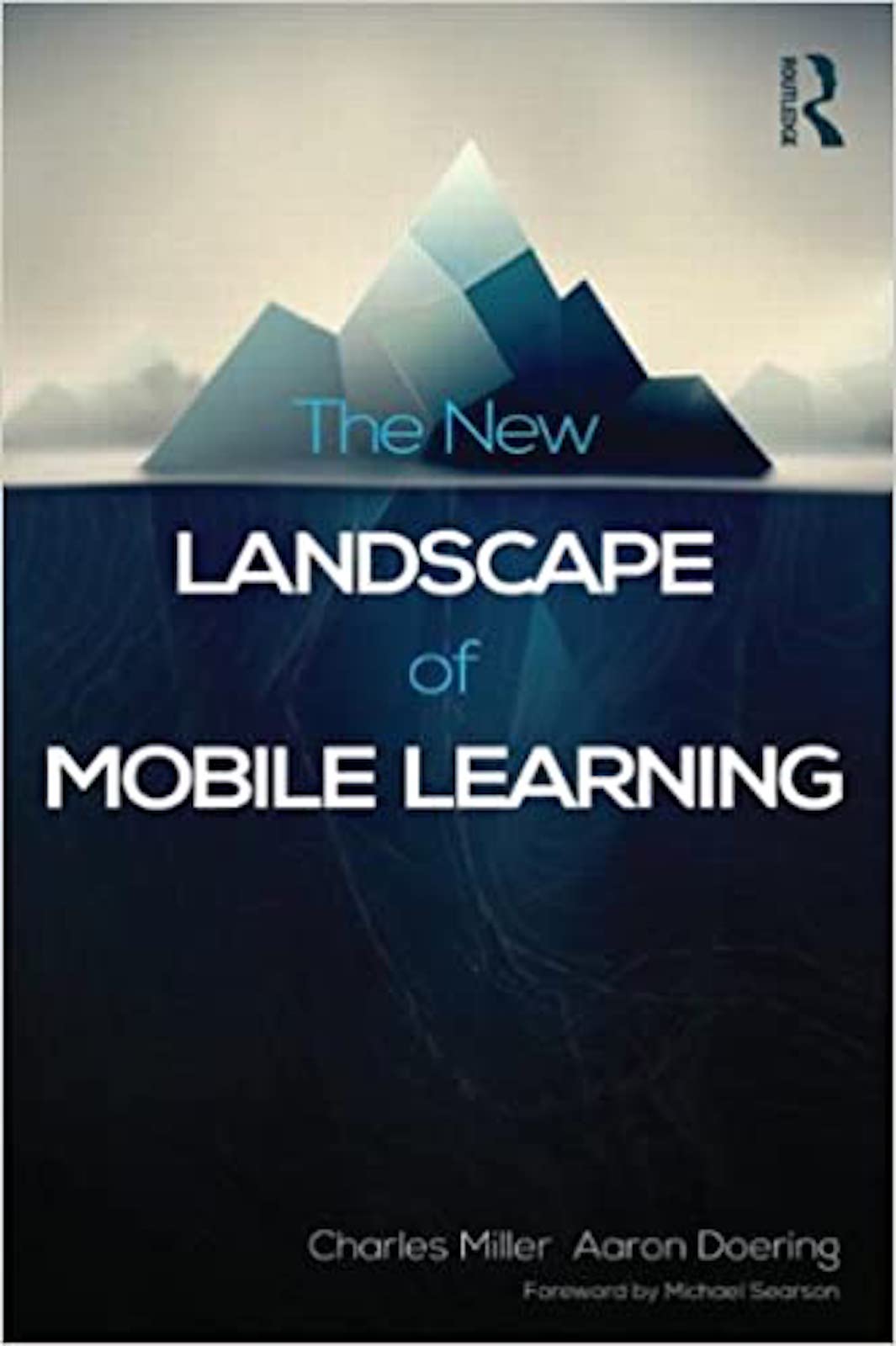Evangelical Christians are active across all spheres of intellectual and public life today. But a disconnect remains: the work they produce too often fails to inform their broader communities. In the midst of a divisive culture and a related crisis within evangelicalism, public intellectuals speaking from an evangelical perspective have a critical role to play—within the church and beyond. What does it look like to embrace such a vocation out of a commitment to the common good?
Public Intellectuals and the Common Good draws together world-class scholars and practitioners to cast a vision for intellectuals who promote human flourishing. Representing various roles in the church, higher education, journalism, and the nonprofit sector, contributors reflect theologically on their work and assess current challenges and opportunities. What historically well-defined qualities of public intellectuals should be adopted now? What qualities should be jettisoned or reimagined?
Public intellectuals are mediators—understanding and then articulating truth amid the complex realities of our world. The conversations represented in this book celebrate and provide guidance for those who through careful thinking, writing, speaking, and innovation cultivate the good of their communities.
The State of the Evangelical Mind frames the resources needed for churches, universities, seminaries, and parachurch organizations to chart their course for the future, both separately and together, and provides readers an opportunity to participate in a timely conversation as they consider what institutional and individual role they might play. This is not a book to define or diagnose evangelicalism broadly, and there’s no fear-mongering or demonizing here, but rather a call to attend to the evangelical mind and the role played by interlocking institutions in its intellectual formation and ongoing vitality. It will encourage―and challenge―those who want to be part of the solution in a time of need.
Book Chapters

“The Promise and Peril of the Public Intellectual”
Higher Education: Handbook of Theory and Research
The State of the Evangelical Mind frames the resources needed for churches, universities, seminaries, and parachurch organizations to chart their course for the future, both separately and together, and provides readers an opportunity to participate in a timely conversation as they consider what institutional and individual role they might play. This is not a book to define or diagnose evangelicalism broadly, and there’s no fear-mongering or demonizing here, but rather a call to attend to the evangelical mind and the role played by interlocking institutions in its intellectual formation and ongoing vitality. It will encourage―and challenge―those who want to be part of the solution in a time of need.

“Encouraging Metacognition in Digital Learning
Environments”
Digital Workplace Learning
This book aims to provide insight into how digital technologies may bridge and enhance formal and informal workplace learning. It features four major themes:
1. Current research exploring the theoretical underpinnings of digital workplace learning.
2. Insights into available digital technologies as well as organizational requirements for technology-enhanced learning in the workplace.
3. Issues and challenges for designing and implementing digital workplace learning as well as strategies for assessments of learning in the workplace.
4. Case studies, empirical research findings, and innovative examples from organizations which successfully adopted digital workplace learning.

“Developing a SoTL-Based Lesson”
Using SoTL to Enhance the Academic Job
The majority of published evidence about the scholarship of teaching and learning (SoTL) has focused on benefits that accrue to students when faculty use SoTL-based approaches. This edited volume, however, provides perspectives on how using SoTL can be helpful for faculty who use SoTL in their teaching. Authors focused on providing faculty members with the rationale for using SoTL in their teaching and with concrete steps they can take (and pointers they can use) in applying SoTL to the classroom, job search, and tenure/promotion process.

“A Critical Perspective on Gamification in Education”
Gamification in Education and Business
This book is dedicated to applied gamification in the areas of education and business, while also covering pitfalls to avoid and guidelines needed to successfully implement for a project. Using different theoretical backgrounds from various areas including behavioral economics, game theory, and complex adaptive systems, the contributors aim to help readers avoid common problems and difficulties that they could face with poor implementation. The book’s contributors are scholars and academics from the many areas where the key theory of gamification typically comes from. Ultimately, the book’s goal is to help bring together the theories from these different disciplines to the field of practice in education and business.
The book is divided into four parts: Theory, Education, Business, and Use Cases. Part I provides a foundation on the theory of gamification and offers insight into some of the outstanding questions that have yet to be addressed. In Part II, the application and value that gamification can bring within the education sector is examined. The book then changes focus in Part III to spotlight the use of gamification within business environments. The topics also cover educational aspects like improved learning outcomes, motivation, and learning retention at the workplace. Finally Part IV concentrates on the applications and use of gamification through a series of case studies and key elements that are used in real situations to drive real results.

“iPad-enabled Experiments in an Undergraduate Physics
Laboratory”
The New Landscape of Mobile Learning: Redesigning Education in an App-based World
The New Landscape of Mobile Learning is the first book to provide a research based overview of the largely untapped array of potential tools that m-Learning offers educators and students in face-to-face, hybrid, and distance education. This cutting edge guide provides:
• An essential explanation of the emergence and role of Apps in education
• Design guidelines for educational Apps
• Case studies and student narratives from across the US describing successful App integration into both K-12 and Higher Education
• Robust, research-based evaluation criteria for educational Apps
Although many believe that Apps have the potential to create opportunities for transformative mobile education, a disparity currently exists between the individuals responsible for creating Apps (i.e. developers who often have little to no instructional experience) and the ultimate consumers in the classroom (i.e. K-20 educators and students). The New Landscape of Mobile Learning bridges this gap by illuminating critical design, integration, and evaluation narratives from leaders in the instructional design, distance education, and mobile learning fields.

“Technology for School Leaders”
Educational Leadership: A Bridge to Improved Practice
Educational Leadership: A Bridge to Improved Practice describes how successful and effective schools and administrators operate in an increasingly challenging, fast-paced, demanding, and at times revolutionary environment. Readers are offered an integrated view of the knowledge base, research, and practice of administration within a context of multiple perspectives and a wide range of thinking.
This edition provides a comprehensive discussion of the field of educational administration in three sections. TheFoundations of Educational Leadership presents a context for educational leadership studies with thorough descriptions and applications of educational standards, common practices, and assessments that equip each learner with a solid understanding of his or her own leadership style. Instructional Leadership and Student Learning emphasizes the critical role of the school leader in education, and to the student and the teacher. Operational Support for Effective Teaching and Learning examines the major functions of the school leader, including legal, financial, and stewardship responsibilities.
FEATURES OF THIS EDITION INCLUDE:
- A Problem-Based Learning Project at the end of each section, offering opportunities for applied practice and further understanding
- New Chapter, Technology and Learning , studies the growth of technologies in schools and what that means for aspiring school leaders.
- All new Expert Opinions from influential and award-winning educational scholars, including Kathleen Binkowski, Chris Devers, and Ian Martin.

